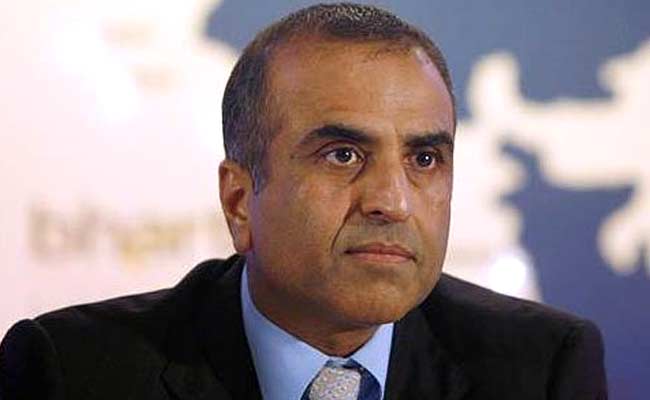Two of Nigeria’s largest telecommunications companies, MTN and Airtel, generated a combined N739 billion in revenues between June and September 2022. The combined revenues represent a 19.9% growth from the N615.9 billion reported same period in 2021.
If there is one takeaway from the performance of these companies since the pandemic, it is that Nigerians love to spend money on communications. Data by the Nigerian Communications Commission (NCC) suggests that Nigerians recorded 173 billion minutes in outgoing calls and 86 billion in incoming calls in 2021.
Airtel reported that it made about N1,694 ($3.8) per user in three months, confirming how much Nigerians prioritize their communications, especially phone calls. MTN did not report its ARPU.
But while voice has, for years, been the main money spinner for telcos, data is gradually taking centre stage. A cursory review of the financial statements of both companies suggests data will overtake voice in the next quarter or two if the trends remain.
Last quarter, MTN reported N200.9 billion in data revenue compared to voice revenue of N209.3 billion in the same period. Airtel also reported data revenue of $221 million compared to voice revenue of $253 million. Data is officially closing the ranks. Sooner rather than later, it will overtake voice as the top revenue earner for telcos.
The growth in data has been remarkable over the last five years due to the scale of cheaper smartphones in the country. Social media apps such as WhatsApp, Instagram, TikTok and YouTube have also increased the need for Nigerians to guzzle data at astronomical levels.
Data from NCC indicate an increase in the volume of data consumed as of December 2021 compared with the year ended December 2020. The total volume of data consumed by subscribers increased to 353,118.89TB as of December 2021 from 209,917.40TB as of December 2020, representing an increase of 68.2% in data consumption within the period. The telcos also report a similar trend.
According to MTN, data revenue rose by 49.1% due to increased subscribers and data usage in 2022. The telco’s data traffic grew by 70.6% YoY. More importantly, data usage (MB per user) rose by 52.2%. Airtel also reported similar revealing data revenue increased by 26.7% in constant currency, driven by data customer base growth of 13.5% and data ARPU growth of 9.1%. Airtel’s data usage per user is 4.8 GB per month.
- “In Q2’23, 4G data usage per customer reached 8.3 GB per month as compared with 5.4 GB in the prior period with 4G data usage contributing to 79.5% of total data usage.”
MTN claims 4G traffic now constitutes 80.4% of the total, reflecting a 9.2pp YoY increase in its contribution.
The increasing growth of data revenue is likely associated with Nigeria’s smartphone density. According to MTN, it reported Smartphone penetration is about 52%. Airtel on the other hand reported smartphone penetration was up by 1.5 percentage points to 35.1%. As things stand, the tailwinds are firmly behind data and telcos know this.
Just as it was two decades ago when telcos spent hundreds of billions of naira on rolling out network coverage areas for voice, they are also investing heavily in data, especially 4G and 5G roll out. MTN ‘s CAPEX, including rights of use asset, rose 45% to N379 billion while Airtel has invested $134 million in Nigeria this year alone. Most of the expenditure is on increasing their data offerings.
Data over voice seems logical considering the advancement in the internet, especially since the COVID-19 pandemic. Nigerians spend time on so many data-guzzling applications. Social media, streaming apps, investment apps, content creation, work from home etc. Even the central bank’s quest for financial inclusion and cash-less payment is also adding to a surge in data usage.
Thus, sooner rather than later, Nigerians will turn their focus on how much they spend on data and how data usage is calculated. Today, metering data usage is a largely opaque venture and transparency around is rather confounding. But as telcos continue to declare massive profits with huge margins, riding on data, the risk of tougher regulations will also rise.




















